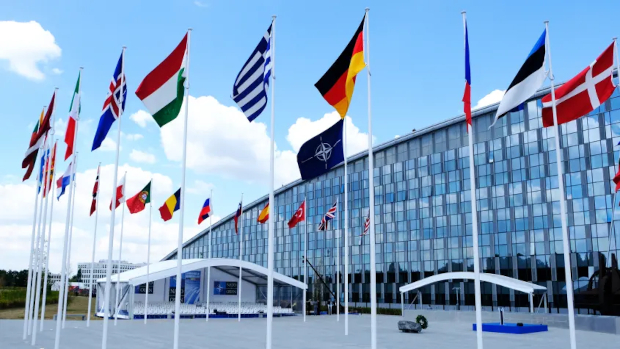
NATO deploys AI to protect vital undersea cables
A new software tool developed by NATO’s Centre for Maritime Research and Experimentation (CMRE) in Italy is designed to protect vital submarine cables and pipelines from possible sabotage. This AI-driven system, known as Mainsail, analyses maritime traffic patterns and allows authorities to identify ships that exhibit suspicious behaviour that could indicate an intent to damage or gather information about these crucial underwater infrastructures.
The CMRE, a renowned scientific research facility with more than six decades of expertise, has recognised the changing nature of threats against subsea assets. Recent incidents, such as the damaging of Internet and power cables connecting five NATO allies in late 2024, show that attacks are becoming increasingly sophisticated and varied. They range from explosions to anchors being dragged across sensitive cables. This highlights the need for adaptable technological solutions.
Mainsail uses advanced algorithms, often with AI, to detect anomalies in maritime traffic patterns. The system automatically flags suspicious ship routes. Operators in NATO’s Maritime Command are alerted without constant human intervention. The user-friendly toolkit provides actionable insights for operators. This allows them to identify potential threats and respond effectively.
CMRE director Eric Pouliquen emphasised that the tool stems from years of scientific research and experience in monitoring maritime domains. He states that Mainsail can effectively monitor civilian maritime traffic worldwide. It enhances NATO’s ability to prevent and deter future acts of sabotage against critical submarine infrastructure.
Pouliquen further emphasised the importance of rapid national responses to such incidents. He cited Finland’s rapid response following a recent cable breach as a positive example. Moreover, he emphasised that countries are becoming increasingly resilient to these attacks. Nevertheless, the potential economic and social consequences remain significant.
Pouliquen therefore emphasised the continued need for vigilance, improved data sharing among NATO allies and joint efforts to mitigate evolving threats. He further recognised the crucial role of private industry data in this effort. Pouliquen also called for political will to facilitate information sharing. Indeed, this is essential for a collective and more robust defense against underwater sabotage.
Businesss AM






Subscribers 0
Fans 0
Followers 0
Followers